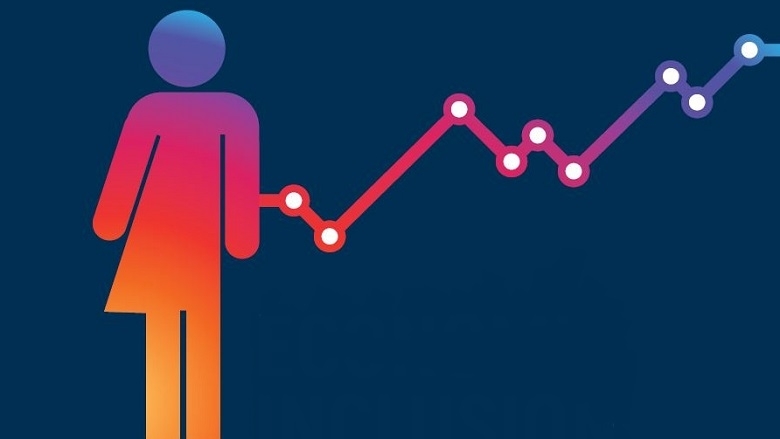Key Findings
- According to survey responses, discrimination and exclusion of Lesbian, Gay, Bisexual, Transgender, and Intersex (LGBTI) people still exists despite Thailand’s progressive status regarding LGBTI inclusion. Discrimination practices are prevalent when LGBTI people look for a job, access education and health care services, buy or rent properties, and seek legal protection.
- Few LGBTI and non-LGBTI people surveyed are aware of laws prohibiting anti-LGBTI discrimination. 51% of LGBTI respondents and 69% of non-LGBTI respondents report they are not aware of any such laws.
- Among LGBTI respondents, transgender people report the most frequent and severe discrimination and exclusion in society. Lesbians report worse outcomes than gay men. The same pattern emerges across accessing government services, education and training, life or health insurance, and financial products as well as renting property.
- More than one-third (37.4 %) of non-LGBTI survey respondents find it acceptable for employers to discriminate against LGBTI individuals. Almost half (48 %) found it reasonable for LGBTI people to experience some form of discrimination when seeking government services.
- Suggested policies and program options in six focus areas can move Thailand from tolerance to full economic and social inclusion of LGBTI groups.
- Developing and implementing public campaigns to promote awareness, establishing a high-level government commitment to LGBTI inclusion, and affirming equal rights for all.
- Developing and implementing equality and nondiscrimination in employment and occupation law, establishing effective monitoring mechanism, promoting role of Equal Employment Opportunity Commission, and encouraging social dialogue between different groups.
- Adding Sexual Orientation and Gender Identity (SOGI) nondiscrimination component in health service delivery personnel training, implementing measures to prevent inquiry about SOGI, and developing and implementing legal measures to allow partners to be beneficiaries.
- Incorporating gender equality and SOGI nondiscrimination guidance in pre and post training, and raising awareness of the whole school community about SOGI nondiscrimination, violence reporting, and referral mechanisms.
- Adopting a national same-sex partnerships law, fully integrating SOGI in the Gender Equality Act of 2015, explicitly including lesbians and bisexual and transgender women in all efforts, and strengthening and enforcing legal protection against all forms of gender-based violence.
- Developing an integrated database of SOGI-disaggregated quantitative data, developing an integrated database, adding sections on SOGI to national surveys and registry data, analyzing best practices in preventing and responding to violence, evaluating various policies and programs, systematically collecting data on reporting of violence, and funding research to quantify the economic and financial cost to society of exclusion and disadvantaged treatment.
